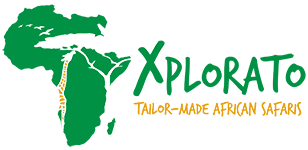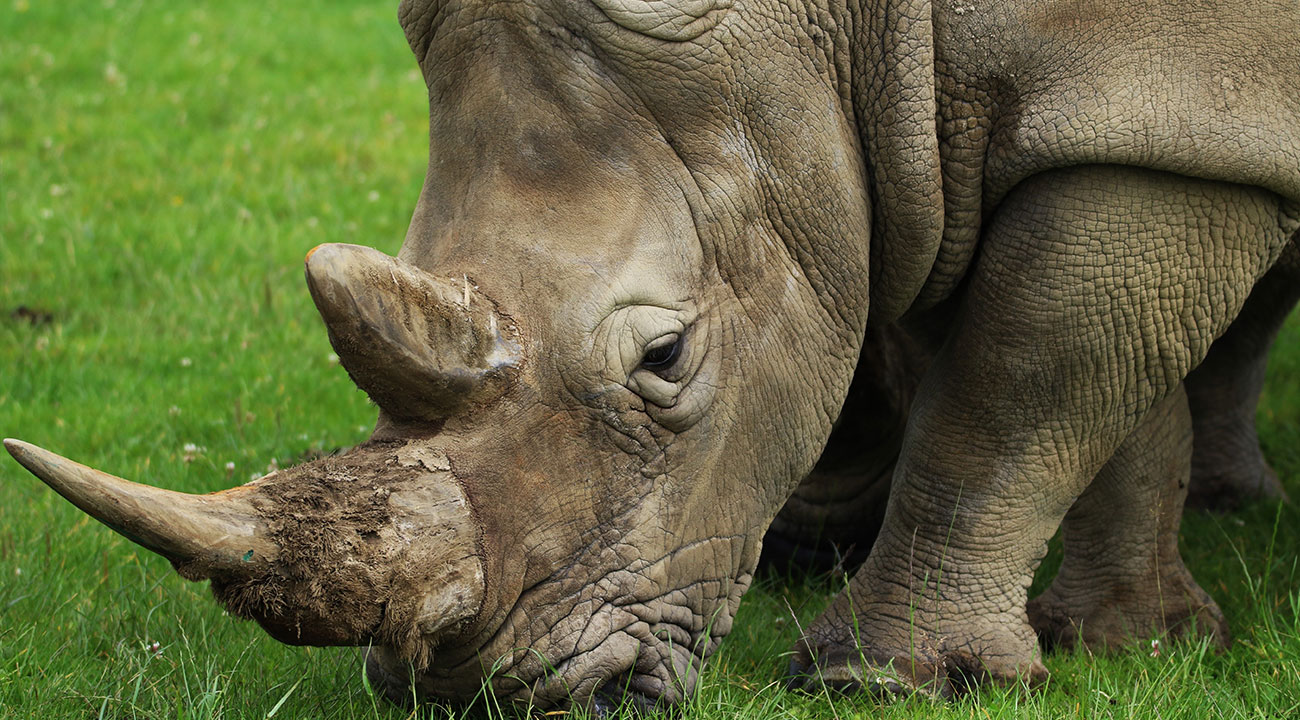If We Don’t Deal With Poaching Now, We Have Only Ourselves To Blame
In 2013, mid year, two police officers in Kenya were arrested over possession of over 40 Kg of elephant tusks in the city of Nairobi. The newsworthy story gripped my heart. The very authorities that we depend on are in the tide of destruction that’s killing the heritage that nature offers. What struck harder is the fact that the story was given the dying minutes of Prime Time television. The story was downplayed and so was its importance. It led me to see that in a few years, poaching will be a dead activity, not because it will be curbed, but rather because there will be no animals to poach. We only have ourselves to blame. One of the ways is by charging our media houses to give the stories prominence.
In Kenya, offenders of poaching are charged a fine of 1 million shillings. In addition, any property acquired through trading with the animal products is confiscated. Inasmuch as the law may look severe, it is a mere pinch compared to what we are losing. 1 million shillings could not raise an elephant cub, let alone protect it from the perpetrator who faces only 2 years imprisonment. He’ll be back. Cleverer, more careful and more determined! The value we have placed on our wild animal heritage will be proven by the severity of the penalties issued to those that intend to destroy that heritage. Today, Kenya has an average of only 38,500 elephants and 1025 rhinos. Last year alone 360 elephants were killed. If that trend is consistent, we will have no elephants left in the country in less than a century. By May 2013, Kenya had lost 117 elephants and 21 rhinos to poaching since the New Year. The trend has increased its rate. The punishment for this crime must be more severe.
We need to make the general population of the country care about the animals we have. There was a time, growing up, when primary schools would conduct several trips to national parks for the children to spot the animals and name them. Assignments would be generated from those field trips and excursions. As a result, the Kenya Wildlife Service (KWS) was keen to satisfy the customers. Cases such as KWS officials colluding with poachers were unheard of as they are today. Why? Kenyans visited the parks. On June 10th 2013, a media report on Citizen Television showed that Africans visited the national parks less. Less demand equals less accountability, which translates to more poaching. The suggestion the journalists of Citizen TV gave stands supreme in my mind even now- the government ought to significantly lower the cost of visiting parks and staying in local lodges and hotels for locals. This way, our beautiful country will attract our locals. More local tourism will frequently keep demands that will be catered for by good accountability by the KWS.
We need to use technology to curb this menace. I laud the Zoological Society of London (ZLS) for their initiative to place cameras in the Tsavo wild to generate necessary footage that will curb poaching. These efforts are not in vain and in time, we will reap their harvest of consistency.
It would be awfully impractical if I said that we are to blame without stating our responsibility as ordinary citizens. You can help. Don’t buy ivory products. Don’t purchase animal skins of endangered species. Spread the word among your friends on the dangers of poaching. Begin debates in your school, tweet about it, Facebook about it and publicly condemn it for the vile act that it is. The slaughter of animals is a crime against nature, which in my opinion is as terrible as a crime against humanity.



